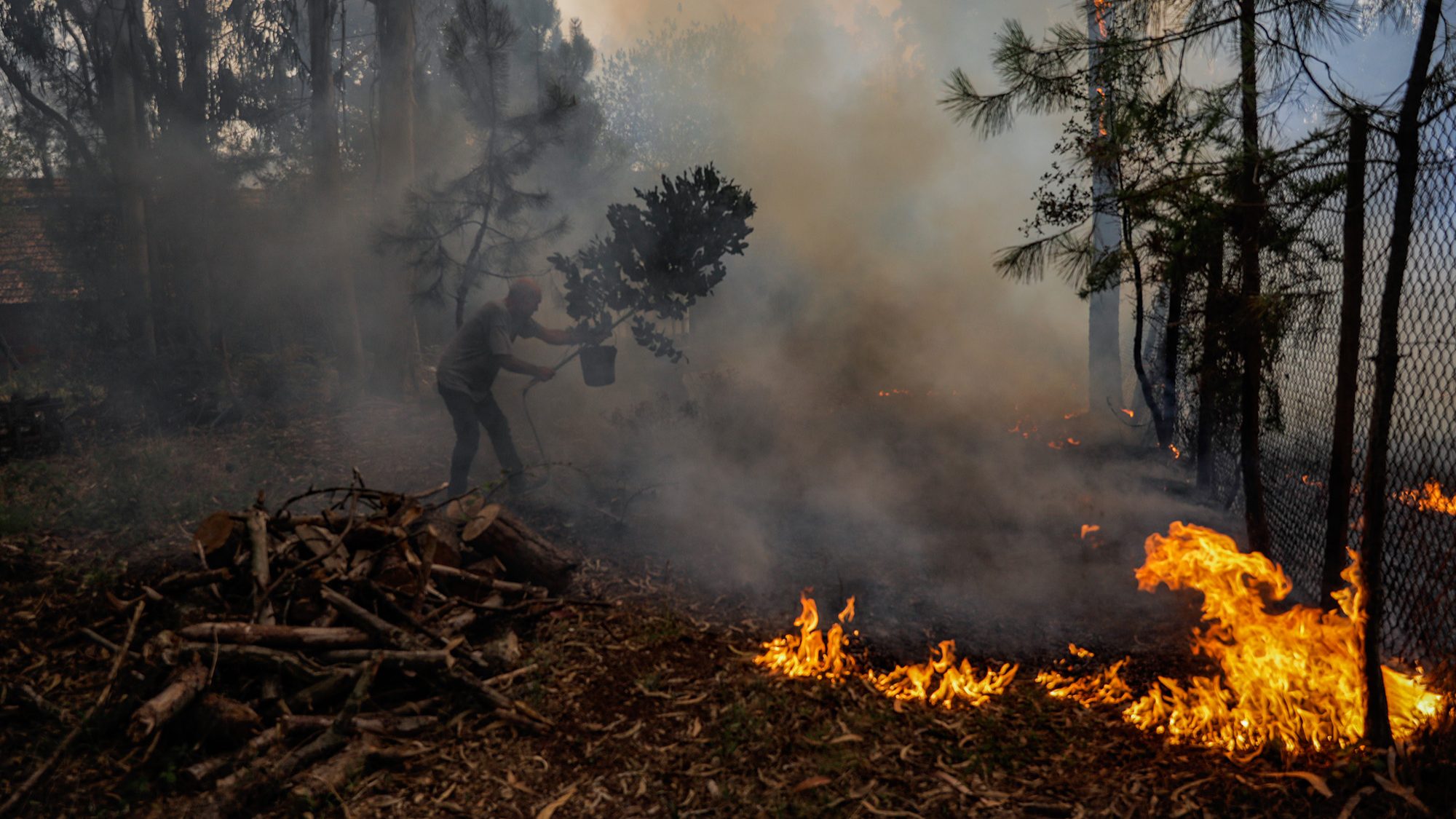588 confirmed monkeypox cases, smallpox vaccine declared effective
This vaccine was approved in the EU in 2013 for the prevention of smallpox, containing an attenuated form of a similar virus.
The European Medicines Agency (EMA) on Friday recommended approval of the smallpox vaccine Imvanex to protect adults against the Monkeypox virus, following clinical studies showing it to be effective and safe.
In a statement, the EMA reports that its human medicines committee “has recommended extending the indication of the Imvanex smallpox vaccine to include protection of adults against monkeypox disease”.
This vaccine was approved in the EU in 2013 for the prevention of smallpox, containing an attenuated form of a similar virus.
The EMA’s conclusion is that this has now been “considered a potential vaccine for monkeypox due to the similarity between the Monkeypox virus and the smallpox virus”, the EU regulator indicates in the press release.
The recommendation is based on several animal studies that showed protection against monkeypox virus in non-human primates, with the EMA’s human medicines committee finding that the “efficacy of Imvanex in preventing Monkeypox disease in humans could be inferred from these studies”.
“To confirm the efficacy of the monkeypox vaccine, the manufacturer, Bavarian Nordic, will collect data from an observational study that will be conducted during the ongoing Monkeypox outbreak in Europe,” the European regulator notes.
For now, the EMA points out that “the safety profile of the drug is favourable, with mild to moderate side effects”, so “the benefits of the drug outweigh the risks”.
Portugal has a total of 588 confirmed cases of infection with the Monkeypox virus, 73 of which were reported last week, the national health authority (DGS) said on Thursday, adding that the vaccination of close contacts has already started.
According to the DGS weekly report, all regions of mainland Portugal and Madeira have reported cases of human infection by the VMPX virus, but the vast majority of the total number of cases (80.3 percent) were confirmed in Lisbon and Tagus Valley.
The North is the second region of the country with the most reported cases of Monkeypox (55), followed by the Centre (eight), Alentejo (five), Algarve (four) and Madeira (three), according to the weekly information from the health authority.
The presence of the VMPX virus was detected in Portugal on 3 May, with laboratory confirmation of five cases of infection, and since then and until last Wednesday, 588 cases have been identified.
The WHO Director-General, Tedros Adhanom Ghebreyesus, expressed concern over the growing number of infections, stating that more than 14,000 cases have already been reported to the organisation from 71 countries in the six WHO regions.
According to the DGS, a person who has the disease ceases to be infectious only after complete healing and crusting of the dermatological lesions, a period which may eventually exceed four weeks.
The most common symptoms of the disease are fever, intense headache, muscular pain, backache, fatigue, increase in the lymph nodes with the progressive appearance of eruptions affecting the skin and mucous membranes.

